#funnyhouse
Explore tagged Tumblr posts
Text
1 note
·
View note
Photo

15 Funny House designs around the world - Funniest and Strange
Read Full Post here: Funny House See all Funny People blog , Funny posts | | Funny Pictures
0 notes
Photo
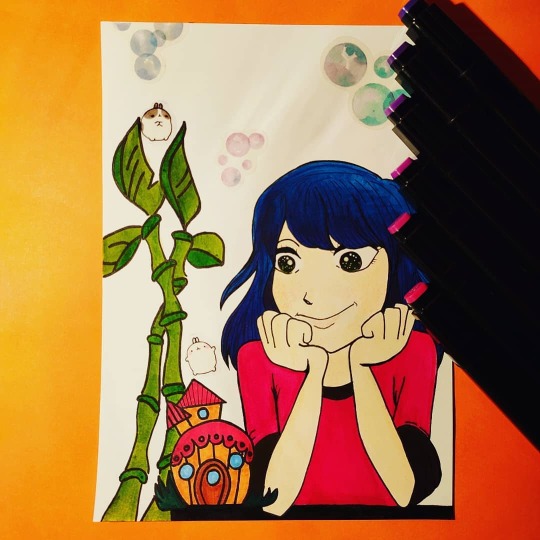
🏠 House 🏠 #calledtobecreative #dialyillustration #instaart #drawingchallenge #worldofartists #NovilenneSoulcloud #drawing #art #mydrawing #novilenne #ididmybest #art #artist #artwork #creative #artofinstafgram #housebuthome #funnydrawing #funnyhouse #bluehair #bamboo #bubbles #alcoholbasedmarkers #touchfivemarkers https://www.instagram.com/p/CAqr5VCHH7f/?igshid=dahsc7d1lngd
#calledtobecreative#dialyillustration#instaart#drawingchallenge#worldofartists#novilennesoulcloud#drawing#art#mydrawing#novilenne#ididmybest#artist#artwork#creative#artofinstafgram#housebuthome#funnydrawing#funnyhouse#bluehair#bamboo#bubbles#alcoholbasedmarkers#touchfivemarkers
0 notes
Photo
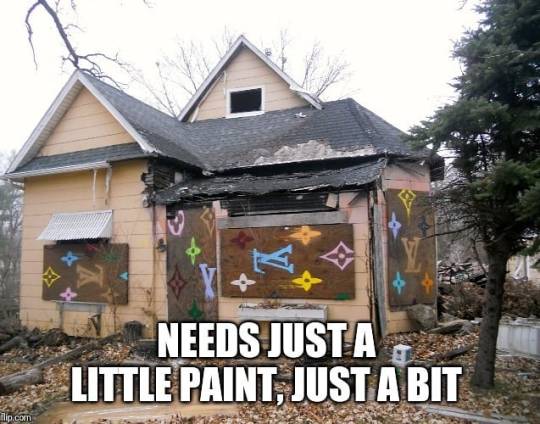
When your Realtor is trying to sugar coat it.. . . . #umm #KerinRealty #thekerin #memes #picoftheday #memeoftheday #tuesday #homes #crackhouse #funnyhouse https://www.instagram.com/p/B3YVAryhFNv/?igshid=24j8dmmirozy
0 notes
Photo
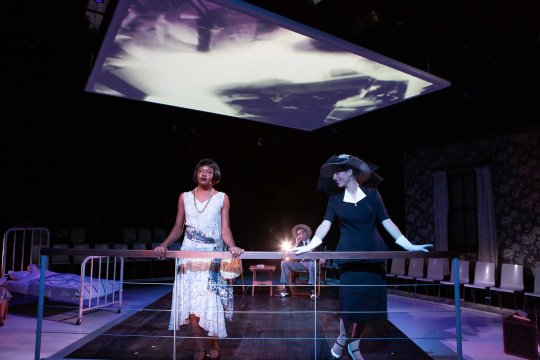
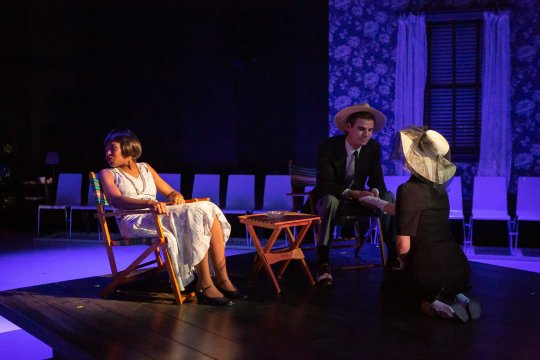
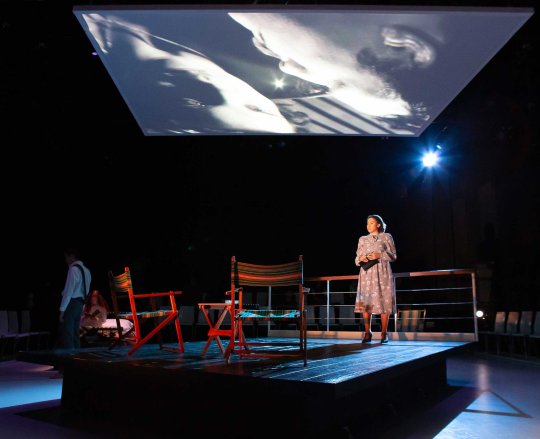
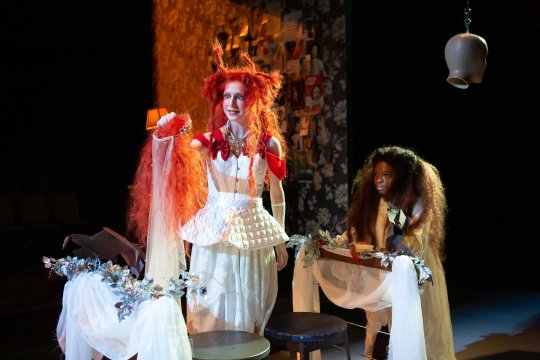
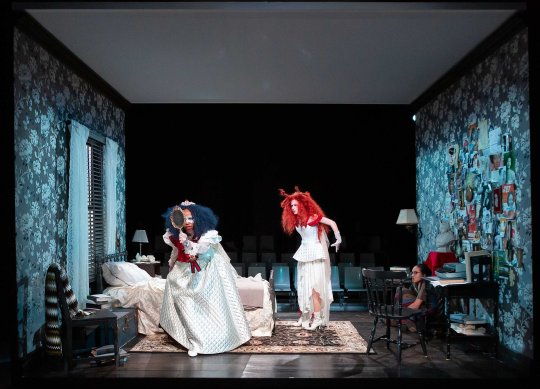
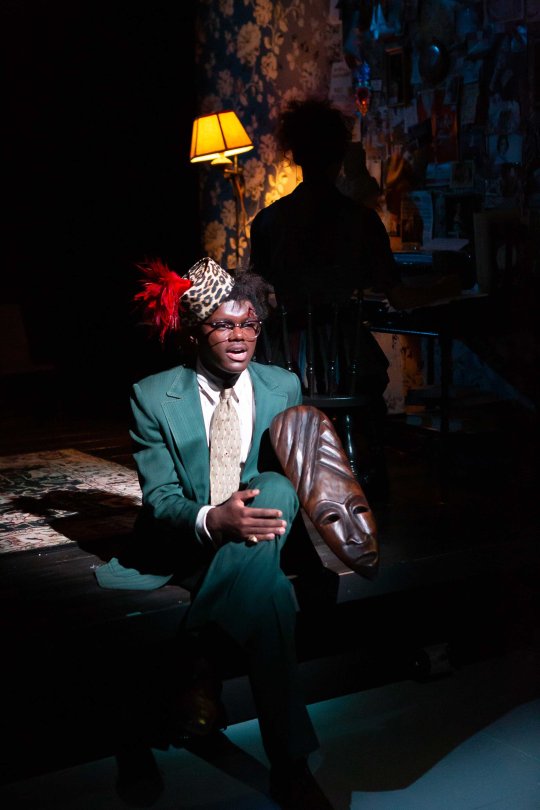
Kennedy’s work, due to the length of her plays, are often produced together. Take Barnard College’s 2019 productions of A Movie Star has to Star in Black and White (1976) and Funnyhouse of a Negro (1964) directed by Alice Reagan, pictured here. What combination of Kennedy’s work are you interested in seeing?
Photos by Hunter Canning for Barnard College, Link.
2 notes
·
View notes
Photo
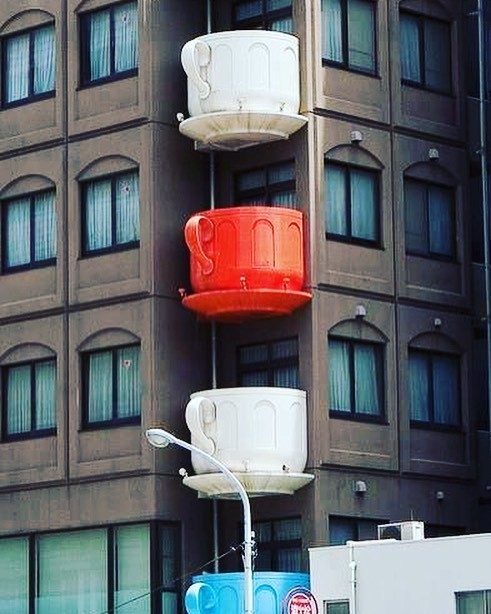
House in Tokyo. What do u think? Would u like to live there?))🏯#japan #architecturelovers #tokyo #unusual #house #funnyhouse #alwaysjapan #always
1 note
·
View note
Text
i’m reading adrienne kennedy’s funnyhouse and good god this play is incredible
4 notes
·
View notes
Text
Backlist Bulletin #2: Letter to the Amazon
The island—earth which is not, from which you cannot depart, that you must love because you are condemned to it. A place from which you see everything, from which you can do nothing.
— Marina Tsvetaeva (tr. Adora Phillips and Gaelle Cogan), Letter to the Amazon
I love when things are sad and gay, because I am sad and gay, but of course that is not useful. It’s not useful as a social or literary position, because one wants to refute the conflation of those qualities: Sadgay. Gaysad. I don’t want one to predicate the other. I don’t want this maudlin fatalism about the impossibility of queer love, which fuses desire and mourning. But there it is, lumped inextricably in my selfhood (and poetics) and experience. This was also, it seems, true of the experience of Marina Tsvetaeva, transgressive early 20th century Russian poet and author of Letter to the Amazon.
The “letter” is an essay, a form which already queerly troubles the boundary between public and private text. Tsvetaeva addresses Natalie Clifford Barney, a wealthy American expatriate living in Paris, responding in 1932 to Barney’s 1920 Thoughts of an Amazon, wherein Barney celebrated and valorized her lesbianism. Barney (despite or perhaps because of her position as a sexual iconoclast) was a distinguished figure in the Parisian literary scene, and held salons in her home from 1919 to 1968. Tsvetaeva encountered Barney after she came to Paris as a refugee in 1925, with her husband and daughter. Tsvetaeva, needing support, must have been aware of Barney’s resources and habit of helping unfortunate writers. Though this surely colored their relationship, they also connected as frères fèminines (Barney’s phrase) – women with deep emotional and erotic ties to other women. Tsvetaeva had connections with several poetic luminaries, but the emotional core of Letter to the Amazon is her relationship with poet Sophia Parnok, an intense love affair which spanned from 1914-1916. Parnok was 5 years older than Tsvetaeva; the common narrative is that the elder woman seduced her. The affair was public knowledge, and was painful for Tsvetaeva’s husband. Both women activated each other as muses, and despite the interpersonal and political instability which ultimately divided them, they seem to have remained major figures in each others’ emotional lives.
I don’t know, this book is weird. It’s weird, even for me, a person who is on Team Sadness, to watch someone being so at war with their own joy. Approaching Barney makes sense for Tsvetaeva. Playing into flirtation, into some underscoring of their shared idealized passion for lesbian relationships, makes sense. But Tsvetaeva is bent on an argument that lesbianism is unsustainable. Ultimately, she writes, lesbian relationships break down in the face of innate desires, in “normal women,” for family and reproduction. The essay addresses the child, the desire to reproduce the lover in the child, as an unassailable keystone in womens’ emotional lives.
I agree with the reviewers who find this disappointing. Maksymchuk and Rosochinsky, writing in LARB, argue that Tsvetaeva overlooks the Socratic claim that same-sex unions result in non-biological progeny like theory, art, and heroic acts. Emma Brown Sanders, writing for Full Stop, attacks Tsvetaeva for her formulation which suggests lesbianism is a choice, arguing that Tsvetaeva’s privileged background did not allow her to appreciate the uniqueness of her own experience, instead assuming her particular flawed relationship had universal qualities. I will say that it is hard not to argue with this book. I’ve taken it a little personally.
What bothers me about Tsvetaeva’s conclusion is that she is a person of dazzling intelligence, capable of striking leaps and lateral, associative movement. This is clear in her poetry. From “Poems to Chekoslovakia” (tr. Kaminsky/Valentine):
Black mountain
blocks the earth’s light.
Time—time—time
to give back to God his ticket.
I refuse to—be. In
the madhouse of the inhumans
I refuse to—live. To swim
on the current of human spines.
...
•
They took—suddenly—and took—openly—
took mountains—and took their entrails,
they took coal, and steel they took,
they took lead, and crystal.
And sugar they took, and took the clover,
they took the West, and they took the North,
they took the beehive, and took the haystack
via Poetry Foundation
How is this person, so evidently brave and wild, content to say that lesbianism is subservient to natural laws when her own experience should have shown her otherwise? How can she resign herself to say;
Love in itself is childhood. Lovers are children. Children do not have children… One cannot live off love. The one thing that survives love is the child.
In her introduction, Catherine Ciepiela notes that parts of this argument are prescient, as the movement for queer rights has focused largely on respectability politics in exchange for assimilation—gay marriage, adoption, valorizing heterosexual family systems by aping them. (Gross.)
What allows this text to become interesting to me, despite its irritating qualities, is the feeling that I am watching a brilliant, passionate person at war with themselves. There are some texts that are centrally important to me as a writer, from the Black Arts movement, where the primary emotional action is vaguely similar: an internalized racism becoming a violent attack on the self. It feels like I’m seeing something forbidden, something private. How much can I watch someone hate themselves, I wonder, reading Funnyhouse of a Negro, or Baraka’s The Slave. Although Tsvetaeva faces different societal pressures, and does not allow herself the same level of emotional directness, the rejection and erasure of the self feels the same. She uses a huge and elemental language which makes it feel fatalistic and impersonal. Near the end of Letter to the Amazon:
Toward evening the mountain flows back completely toward its peak. When night comes, it is peak. It seems that its torrents are flowing backwards. At night she pulls herself together.
…
Weeping willow! Mournful willow! Willow, body and soul of women! Mournful nape of the neck of the willow. Grey hair in front of the face, so that nothing more is seen. Grey hair sweeping the face of the earth…
(p. 30)
There is a similar quality, here, with the Black Arts writers I mentioned, of a poisonous secret that the writer is both trying to uncover and trying to keep obscure even to themselves. Aside from the difference in tone, there is another important distinction between these types of self-attack: what Tsvetaeva gets from this negation of herself is a kind of safety. A woman who loves women and is able to stop, or at least to stop being in sexual relationships with women, can be readmitted into society. She can become invisible within heteropatriarchy, whereas Baraka and Adrienne Kennedy could never render themselves invisible enough to be subsumed comfortably into the racial landscape of America. Tsvetaeva gestures towards some regret, some way that heterosexual connections lack the compelling depth and completeness of lesbian relationships, but she never admits to the safety, ease, and invisibility that returning to a heterosexual marriage affords. She frames this return to a conventional family as foregone, an extension of the tragic unsustainability of lesbian relationships. And that engenders in me something like pity for this fierce doomed creature. She is comforting herself, in the precarity of her life in poverty, her refugee status, her regret-tinged marriage. At least in the domain of her own sexuality, she can protect herself, albeit through disfigurement and compartmentalization. Has she won, then, at sad gayness, by claiming an agency over her own erasure? “Why did she come?” she wonders, parenthetically. “To hurt herself. It is, sometimes, all that we have left.” (p 23)
— C. Bain
The Backlist Bulletin is a weekly column on titles from UDP’s back catalogue, curated and written by Apprentices.

7 notes
·
View notes
Photo

Situasi mak-mak, nak buang ayaq kecik dengan besar pun susah..anak dok ikut..tak buka pintu melalak..ayaq kecik ok lagi, kalau ayaq besar..tak sempat nak lega..adoiiilaaa... Tengok tu, mommy jatuh tandas dia buat dek je..gigit kang...hahahha.. @rumahterbalikportdickson #upsidedownportdickson #artgalleryupsidedownportdickson #rumahterbalikportdickson #upsidedown #funnyhouse #lifestyleblogger #ceriterasigadisbiru #miszrockersblogspot #nadjalanjalan #portdickson #kbba9 #bloggermalaysia #blogger #vsco #vscomalaysia #media #mediainfluencer #beautyblogger #fashionblogger #igerskolumpo #igers #kembarakbba9 #holiday #selangor #travel #traveler #sponsoredtravel #traveling #vacation (at Rumah Terbalik Port Dickson)
#upsidedownportdickson#fashionblogger#mediainfluencer#kembarakbba9#vsco#vscomalaysia#rumahterbalikportdickson#bloggermalaysia#selangor#nadjalanjalan#travel#igers#miszrockersblogspot#traveling#funnyhouse#kbba9#beautyblogger#sponsoredtravel#media#artgalleryupsidedownportdickson#vacation#portdickson#upsidedown#lifestyleblogger#blogger#ceriterasigadisbiru#holiday#igerskolumpo#traveler
0 notes
Photo
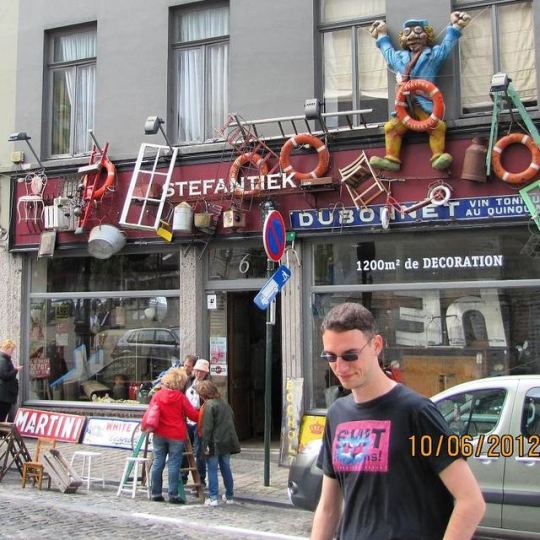
#europe #belgium #brussels #belgique #belgien #belgie #bruxelles #brüssel #stefantiek #dubonnet #decoration #housedeco #funnyhouse #dekoartikel #furniture #housewall #laden #shop (hier: Brussels, Belgium)
#belgien#decoration#funnyhouse#brüssel#belgique#brussels#housewall#furniture#laden#shop#europe#dubonnet#housedeco#belgie#stefantiek#bruxelles#dekoartikel#belgium
0 notes
Video
What goes on in the dog house, stays in the dog house @devilsdenbullies stupid meets stupid head on in the comments 👇🏼don't forget to leave one 👇🏼 _______________________ #fitpit #pitbullpups #bullypup #bullygram #devilsdenvideo #devilsdenbullies #bullpups #pitpups #pitpuppies #bulliesofig #dogpark #dogkennels #doghouse #funnyhouse #funnydogs #muscledog #muscledogs #bullyworldunitedwestand #bullyworld #bullywebtv #bullyfamily #bullykisses #dogwatch #dogwalker
#fitpit#bullywebtv#dogwatch#bullypup#dogkennels#bullyworld#bullyworldunitedwestand#muscledogs#dogwalker#bullykisses#bullygram#bullyfamily#pitbullpups#funnyhouse#bulliesofig#funnydogs#doghouse#muscledog#devilsdenbullies#pitpups#dogpark#pitpuppies#bullpups#devilsdenvideo
0 notes
Photo
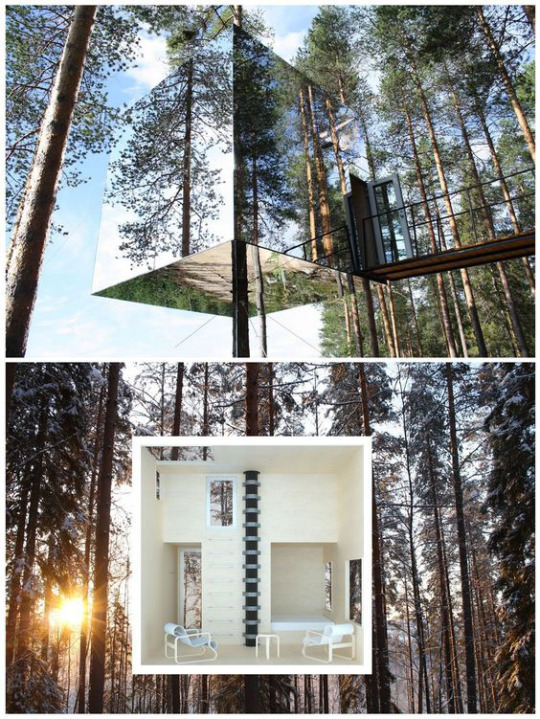
Mirrorcube TreeHotel (Suède)
0 notes
Photo
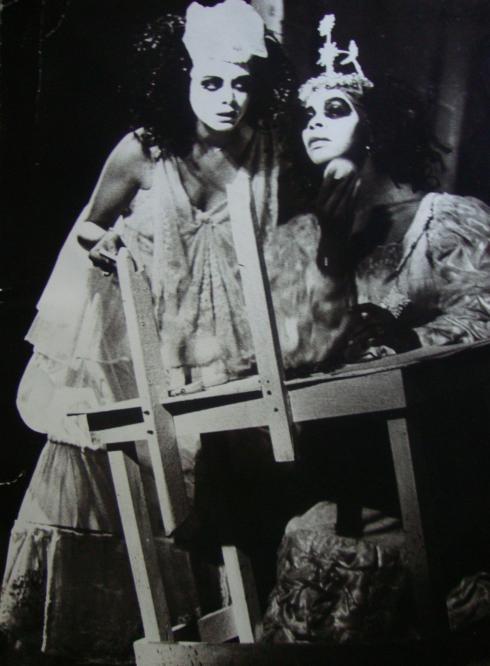
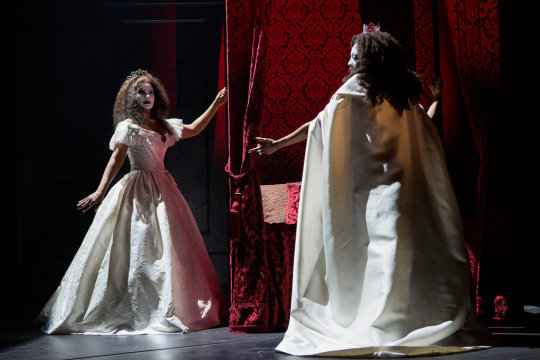
Funnyhouse of a Negro, 52 years apart. First photo is from the first production in 1964 produced by Barr Albee and Wilder; second photo is the 2016 production, directed by Lila Neugebauer. Both at the Signature Theater. First photo by Frederick Eberstadt, second photo by Monique Carboni.
#adrienne Kennedy#funnyhouse of a negro#black arts movement#playwright#playwriting#drama#plays#image
2 notes
·
View notes
Photo
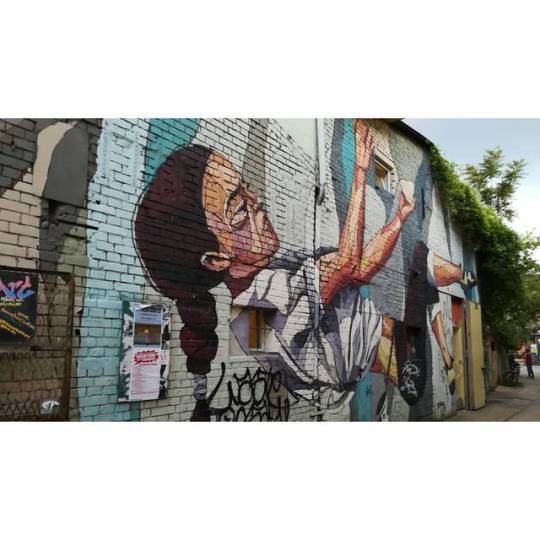
Had a great time in Berlin, wish to stayed there fora few days longer 😉. And some more graffiti from Berlin 🇩🇪🎨 . . . . . . . . . #latergram #berlin #urbanspree #urbanspreeberlin #cassiopeia #cassiopeiaberlin #germany #graffiti #graffitiart #graffitiberlin #urbanart #urbanberlin #climbing #climbinggirl #funnyhouse #trip #travel #travelgram #traveling #eurotrip #goodtimes (at cassiopeia Berlin)
#urbanspreeberlin#graffitiart#climbinggirl#graffitiberlin#goodtimes#trip#cassiopeiaberlin#funnyhouse#cassiopeia#germany#urbanart#climbing#latergram#travel#traveling#graffiti#travelgram#urbanspree#berlin#eurotrip#urbanberlin
0 notes
Photo

Pelas ruas de Mondim #flashback #throwback #outubro2016 #funnyhouse #arquitetura #architecture #portugaldenorteasul #portugalemclicks #shooters_pt #igersportugal (em Mondim de Basto)
#arquitetura#shooters_pt#portugaldenorteasul#portugalemclicks#outubro2016#igersportugal#architecture#throwback#flashback#funnyhouse
0 notes
Text
What Do You Read As an Ivy League Theatre Major
ZenHere is a non-comprehensive list of plays and artistic pieces assigned to me as a theatre major at a prestigious Ivy league school in...ahem...Manhattan. This was not every play I read over the course of my Bachelor’s degree, as I transferred (my community college assignments maybe added at a later date if it becomes possible to compile them) and is not a comprehensive list of everything assigned (ie: articles, textbooks, and academic criticism.) I might do a list of that later if there’s enough interest.
1 Henry IV - William Shakespeare
2 Henry IV - William Shakespeare
Abyss - Maria Milisavljevic
A Number - Caryl Churchill
A Rasin in the Sun - Lorraine Hansberry
A Streetcar Named Desire - Tennessee Williams
As You Like It - William Shakespeare
All’s Well That Ends Well - William Shakespeare
The Amen Corner - James Baldwin
The America Play - Suzan-Lori Parks
Antony and Cleopatra - William Shakespeare
The Balcony - Jean Genet
Betrayl - Harold Pinter
The Black Doctor - Ira Aldridge
Blue-Eyed Black Boy - Georgia Douglas Johnson
The Book of Margery Kempe (selections) - Margery Kempe
By the Way, Meet Vera Stark - Lynn Nottage
Caught - Christopher Chen
The Cherry Orchard - Anton Chekhov
Clybourne Park - Bruce Norris
Comedy of Errors - William Shakespeare
Cymbeline - William Shakespeare
Death and the King’s Horseman - Wole Soyinka
Dojoji - Kanami
The Downfall of justice; and the farmer just return'd from meeting on Thanksgiving Day. A comedy, lately acted in Connecticut. - Anonymous/E. Russell
The Dutchman - Amiri Baraka
Embers - Samuel Beckett
Enjoy - Toshiki Okada
The Escape; or, A Leap for Freedom - William Wells Brown
Fences - August Wilson
Fires in the Mirror - Anna Devere Smith
For Colored Girls who have Considered Suicide When the Rainbow is Enuf - Ntozake Shange
Funnyhouse of the Negro - Adrienne Kennedy
Galileo - Bertolt Brecht
The Gelede Spectacle - Babatunde Lawal
Ghosts - Henrik Ibsen
The Golden Dragon - Roland Schimmelpfennig
The Good Person of Szechwan - Bertolt Brecht
Hamlet - William Shakespeare
Henry V - William Shakespeare
The Homecoming - Harold Pinter
The House of Bernarda Alba - Frederico Garcia Lorca
In Dahomey - Jesse A. Shipp Paul Laurence Dunbar
Invasion! - Jonas Hassen Khemiri
Journey's End - R.C. Sherriff
Kichaka Vadha in The Mahabharata - Nagendra K. Singh
King Lear - William Shakespeare
Krapp's Last Tape - Samuel Beckett
Le Morte D'Arthur - Thomas Mallory
Life is a Dream - Calderón de la Barca
Loa to The Divine Narcissus - Sor Juana Ines de la Cruz
Lysistrata - Aristophanes
Made in Poland - Przemyslaw Wojcieszek
M.Butterfly - David Henry Hwang
Macbeth - William Shakespeare
Machinal - Sophie Treadwell
The Maids - Jean Genet
Marat/Sade or The Persecution and Assassination of Jean-Paul Marat as Performed by the Inmates of the Asylum of Charenton Under the Direction of the Marquis de Sade - Peter Weiss
The Masque of Queens - Ben Jonson
Measure for Measure - William Shakespeare
Medea - Euripides
Miss Julie - August Strindberg
Much Ado About Nothing - William Shakespeare
Mulatto - Langston Hughes
Murderer, the Hope of Women and Sphinx and Strawman - Oskar Kokoschka
Native Son - Richard Wright Paul Green
Natural Man - Theodore Browne
Oedipus the King - Sophocles, Trans. Robert Fagles
Oedipus the King - Sophocles, Trans. Stephen Berg, Diskin Clay
Oedipus the King - Sophocles, Trans. Bernard Knox
Oedipus Rex - Sophocles, Trans. David Mulroy
Oh What a Lovely War - Charles Chilton
Old Times - Harold Pinter
Othello - William Shakespeare
Pericles - William Shakespeare
Phaedra - Jean Racine
The Piano Lesson - August Wilson
Plumes - Georgia Douglas Johnson
Pygmalion - George Bernard Shaw
Rachel - Angelina Grimke
Rainbow Kiss - Simon Farquhar
Revelation of Love (selections) - Julian of Norwich
Richard II - William Shakespeare
The Rover - Aphra Behn
Safe - Georgia Douglas Johnson
Shunkan - Unknown; Possibly Zeami, Zenchiku, or Motomasa
Soul Gone Home - Langston Hughes
Star of Ethiopia - W.E.B. Dubois
Tamburlaine - Christopher Marlowe
Tartuffe - Jean-Baptiste Molière
The Tempest - William Shakespeare
The Testament of Cresseid - Robert Henryson
Top Girls - Caryl Churchill
Trial of Dr. Beck - Hughes Allison
Trifles - Susan Glaspell
Troilus and Cressida - William Shakespeare
Troilus and Criseyde - Geoffrey Chaucer
Twelfth Night - William Shakespeare
The Two Noble Kinsmen - William Shakespeare and John Fletcher
Ubu the King - Alfred Jarry
Uncle Tom’s Cabin - George Aiken
Venus - Suzan-Lori Parks
Waiting for Godot - Samuel Beckett
White Snake - Tien Han
The Winter's Tale - William Shakespeare
Woyzeck - Georg Büchner
York Mystery Plays - Beadle and King Edition
#plays#shakespeare#theatre#reading#required reading#ivy league#columbia university#theatre major#syllabus#play#acting#drama#dramatic arts#drama major#literature#comparitive literature#english major#english#Theater#theater major#curriculum#studyblr
32 notes
·
View notes